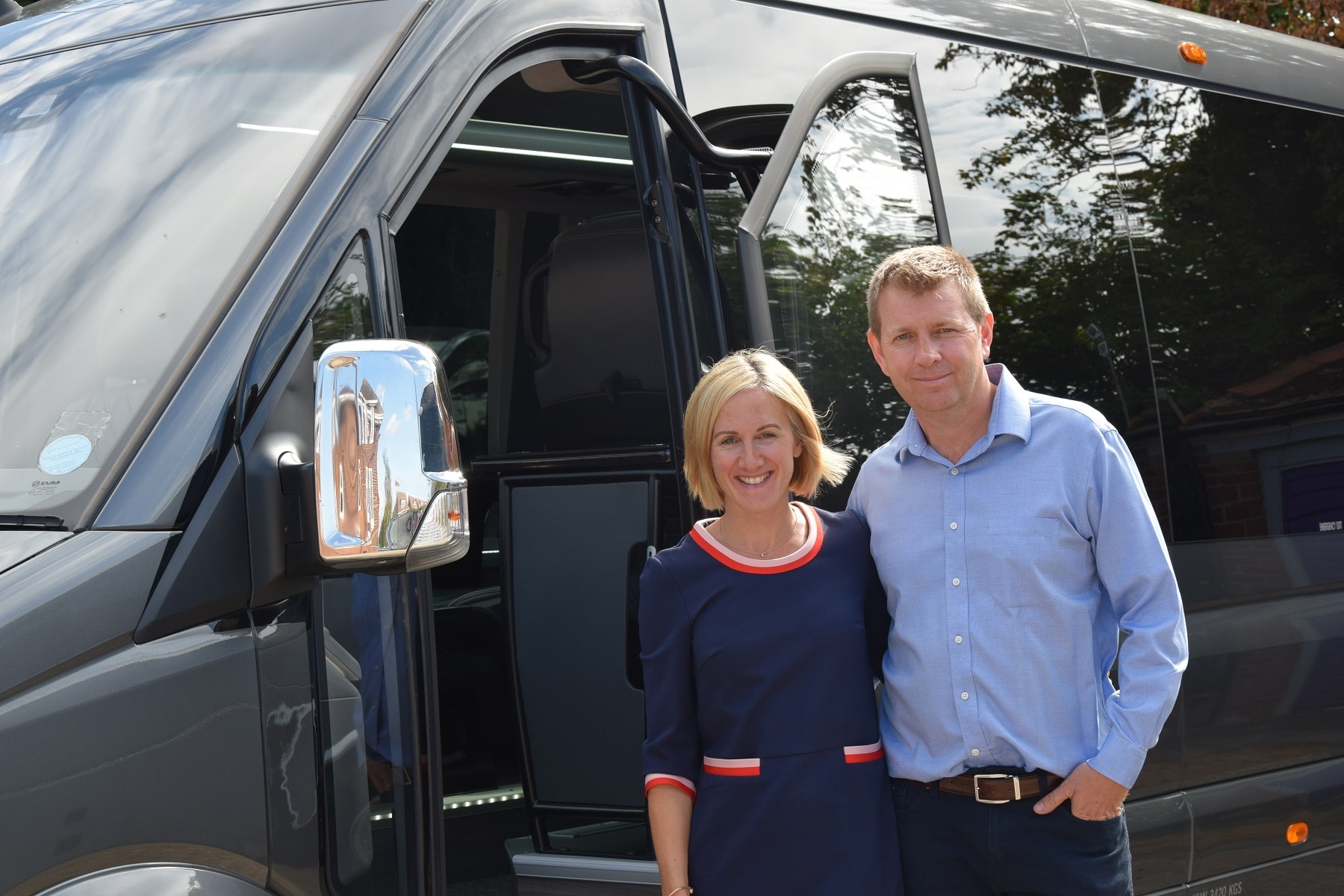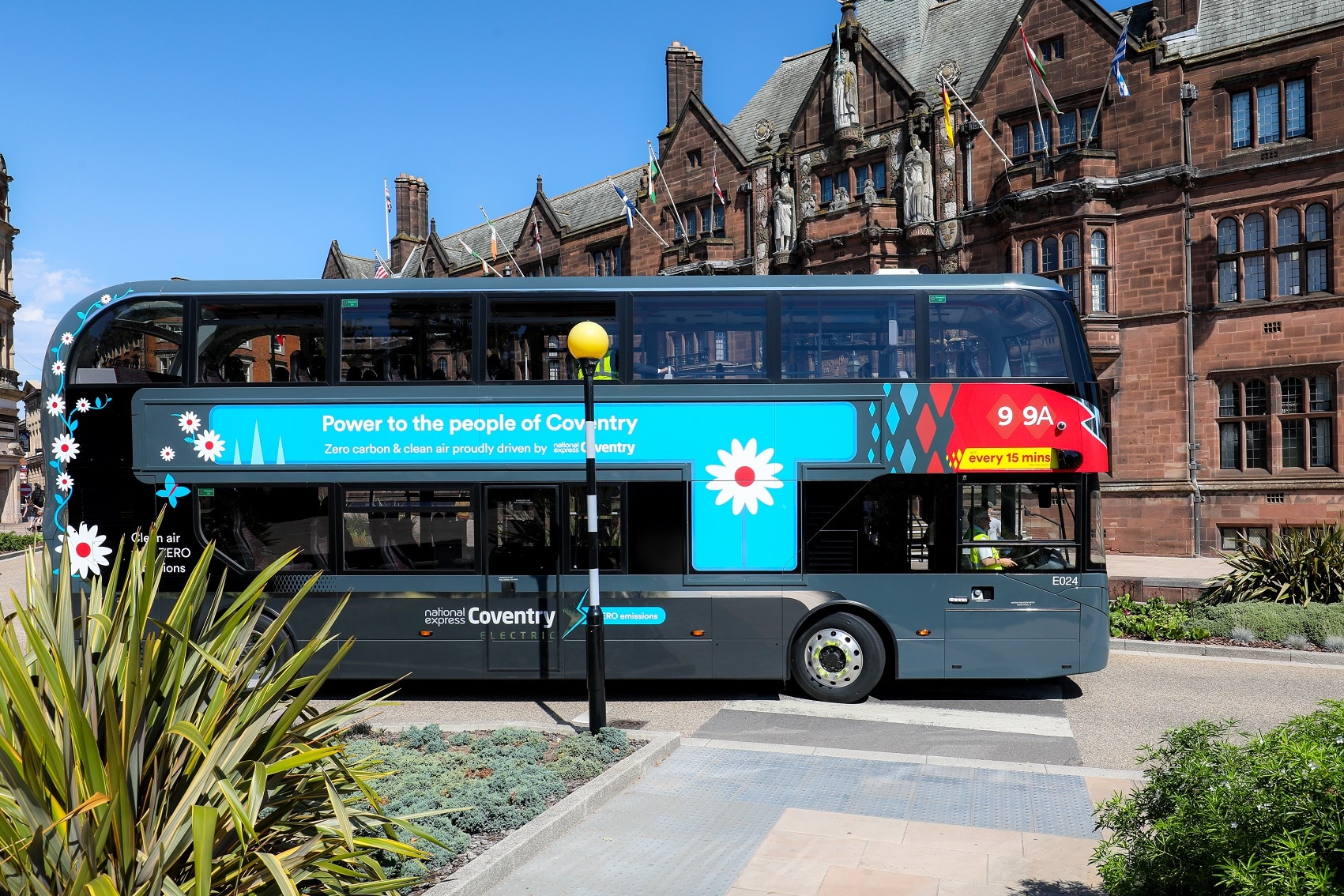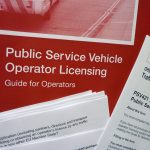Change came thick and fast to the coach industry as operators have worked to weather the COVID-19 storm and also to position their businesses for recovery. Some have done things that they would otherwise not have. That approach is typified by White’s Coaches of St Albans.
The award-winning Hertfordshire operator’s business model centres on small group transport. Its core fleet of top-spec mini and midicoaches is complemented by a handful of larger models, and it has a side interest in private home-to-school contracts. But White’s focus has temporarily been rearranged by the pandemic. Husband-and-wife team Greg and Danielle White were forced to adapt quickly to leverage what scant work has remained.
Long at the core of the White’s business has been incoming tourism. Groups of affluent visitors that are willing to pay for the best would keep it busy. Couple that to supporting another operator that is prominent in the sports team transport sector, and a reliable diet of high-end private hire, and White’s prospered. Investment in new vehicles was regular and the operator had an enviable list of clients.
Except for ad-hoc calls in the sports sector, that work came to a total halt in March 2020. It has not yet returned in any way. While some members of the coach industry are anticipating an extended domestic season in 2021 that – social distancing aside – already promises much, the outlook is not yet as rosy for those that are heavily reliant on incoming tourism.
While recent comments by UKinbound CEO Joss Croft about a travel corridor between the UK and the United States are encouraging, Greg is working on it being 2022 before incoming visitors return in significant numbers.
International travel resumption is key to White’s Coaches
“My three or four biggest clients are bespoke high-end travel agents that organise trips for groups of between six people and the number I can carry on my biggest vehicle. Until international travel resumes, we won’t be anywhere near back to running at capacity,” Greg says.
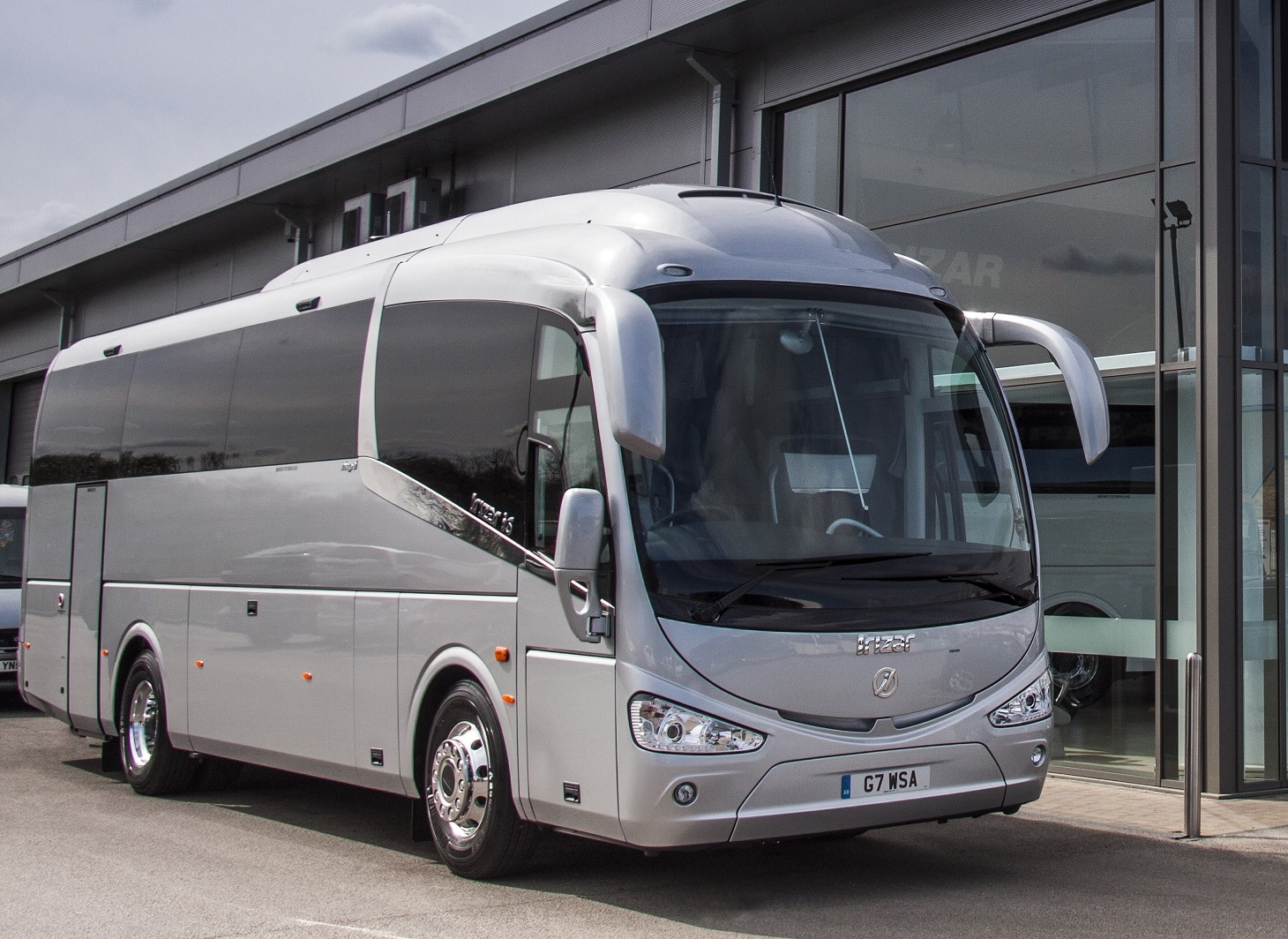
That may sound like an awkward position for White’s, and it certainly is not ideal.
But two things have helped the operator to weather the pandemic: Its conservative attitude to financing vehicles, and its modest involvement in home-to-school work. The latter opened a door when all pupils in England returned to education after the first lockdown.
White’s relationship with Kura delivered two additional contracts at that point. Another began in September 2020.
Whether home-to-school transport remains a more prominent part of White’s business model after the pandemic is unclear. It can resource current requirements by using staff that are unoccupied on other work and with help of the flexible Coronavirus Job Retention Scheme (CJRS). But when those drivers return to their core duties, recruiting suitable staff that are happy with part-time hours will again be tricky.
“That is the problem,” says Greg. “If I could find five additional good drivers that are satisfied with 25 hours per week, I would look at more home-to-school work.”
Fleet changes necessary to bridge pandemic slowdown
That aside, Greg is adamant that White’s overall focus will not shift from its flagship work. But some fleet adjustments have been necessary to position the business in the medium term.
A low-mileage, 10.8m Irizar i6S integral was disposed of for well below its pre-COVID-19 value. An order for a new coach was cancelled. But perhaps most notable has been the addition of a second-hand Mercedes-Benz Tourismo tri-axle.
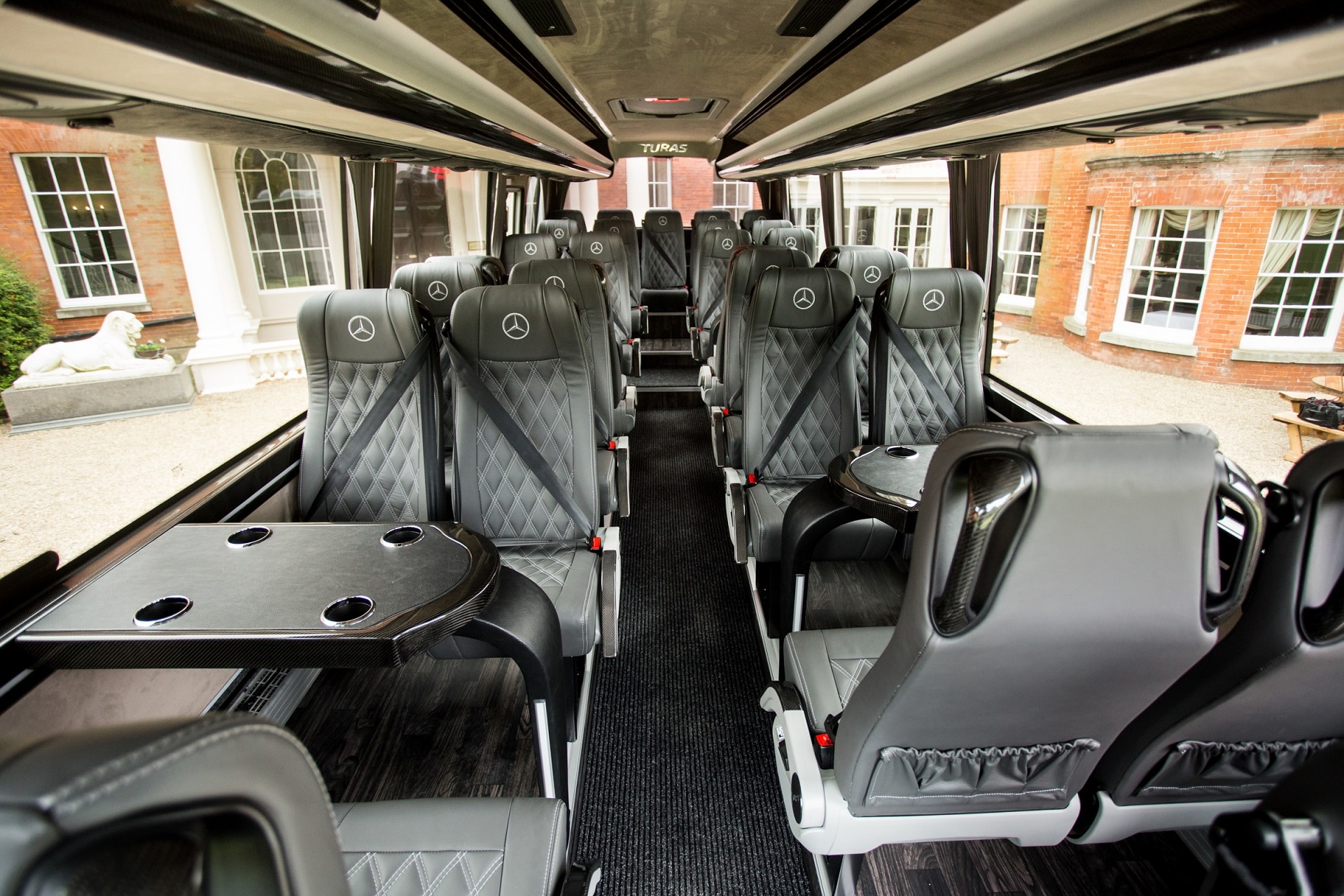
The 67-plate 55-seater was purchased for much less than it would have been worth a year ago. It requires work before it enters service, but it opens avenues that were previously inaccessible to White’s.
“The Tourismo is a totally different vehicle for us,” Greg continues. “But having the additional capacity will benefit us going forward.”
Adding the tri-axle is a direct result of the pandemic. Besides private hire, it stands to be useful on a private home-to-school contract that is currently at the limits of capacity for the fleet’s next-largest coach, its other 10.8m Irizar i6 integral.
“The answer to the question of whether we will have a fleet of tri-axles is ‘not a chance’. But will I end up with two of them? Maybe. It depends on how things go over the next year. Many times, I have said I am not interested in large coaches. But the pandemic has changed that.”
PSVAR uncertainty a concern for White’s Coaches
To source and refurbish the Tourismo will cost around what the i6S integral was sold for. Parting with the Irizar was a sore point for Greg, but the realities of the situation were underlined by Danielle. “My wife asked me: ‘What will you earn with that coach in the next 18 months that you can’t make with the other i6 integral or our Yutong TC9?’ The reality was: Probably nothing.”
While White’s fleet is now relatively stable, PSVAR is a consideration for some of its closed-door home-to-school work. Greg is highly critical of how the government has handled PSVAR for that segment, both in its application and the ongoing lack of long-term clarity. The Tourismo could be converted if needed, but there is no indication yet of when, or even whether, any such compliance will be required of any of White’s coaches.
“For PSVAR there has got to be a sustainable, long-term plan that we can all work to. I cannot justify spending £25,000 to convert a coach until I know what is happening for the next five or 10 years. I could have the Tourismo treated now, but the risk then is that an exemption is issued, or a long-term pathway is reached. The investment could then realistically be worthless in the short term.”
Ongoing questions about rates
routeone recently examined the subject of coach rates. The industry consensus was mixed. But Greg is concerned that there is evidence that rates will be below par in 2021. A recent quote for a typical day’s hire was deliberately placed below what White’s would usually charge as a pulse-taking exercise. It was “not even close” to securing the work, he says.
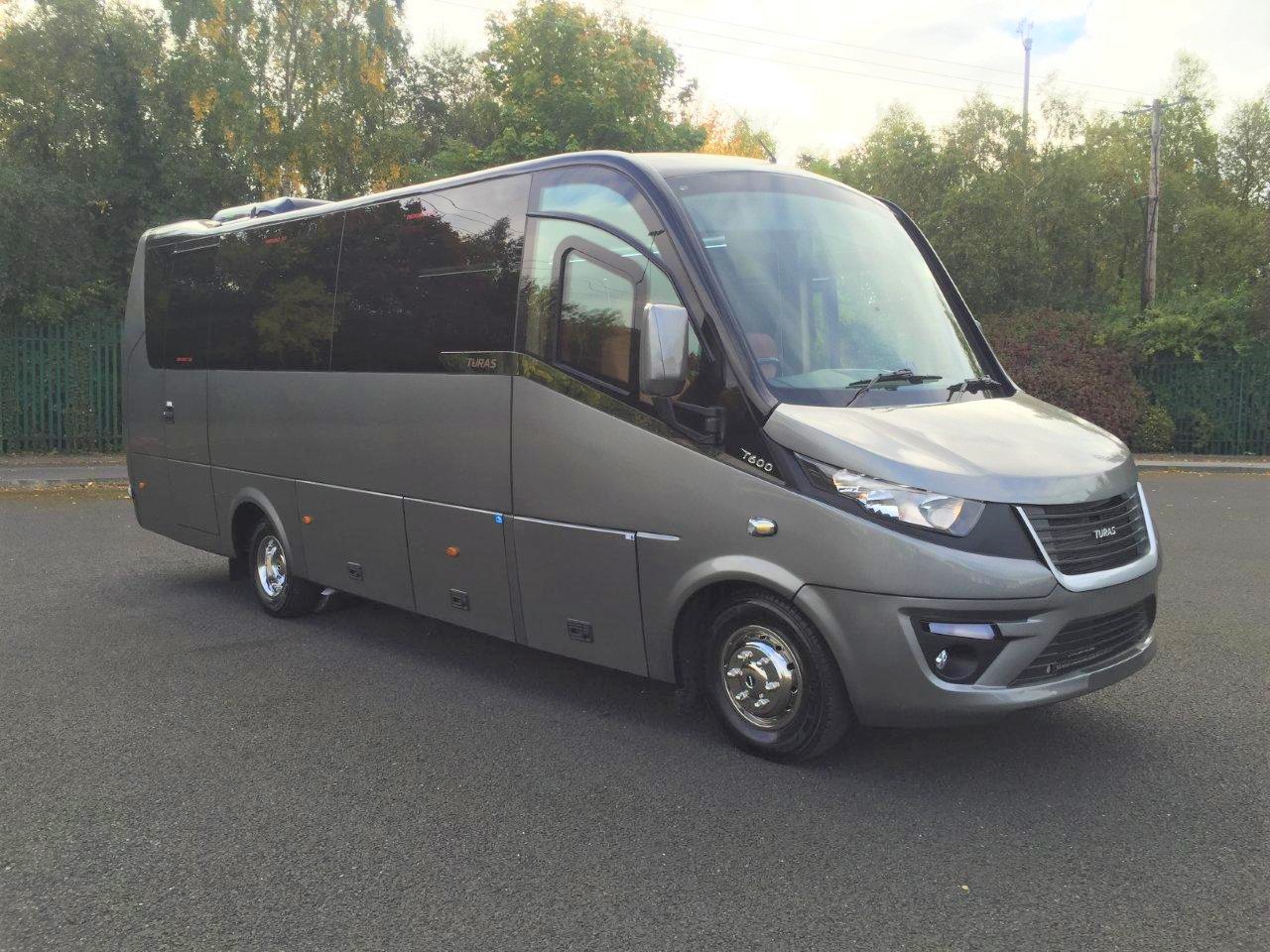
“There is already an issue with rates. But a lot of that is down to human nature,” Greg continues. “Businesses have staff to pay, and that is only going to get worse after September when CJRS ends.”
For Greg, 2022 is when he believes that White’s recovery will be complete. The operator’s approach to financing vehicles and a diversification of its business leaves it in a secure position.
Some early enquiries for incoming tourism in 2022 have already been received. But above anything else, the return of travellers from the United States is critical for White’s. “For my three largest clients, the biggest part of their customer base is each made up of American travellers. Until they return, we will be nowhere near where we were previously.”
Greg is confident that the wider incoming demographic will come back to the coach industry. “I want to travel abroad, which makes me sure that many people will wish to come to the UK. Hopefully by the end of the year, restrictions on doing that will have been lifted.”
White’s currently has a quote in for a multi-day, multi-vehicle hire this summer. It is the kind of work that was – until March 2020 – the Hertfordshire operator’s bread and butter, and a job of the kind that it would carry out on numerous occasions throughout a normal year.
This time, things are different. If the quote is successful, the work will herald an early return to the segment where White’s has made its name. Diversification has acted as a valuable lesson, but for White’s – like the remainder of the coach industry – a return to normality cannot come soon enough.




















